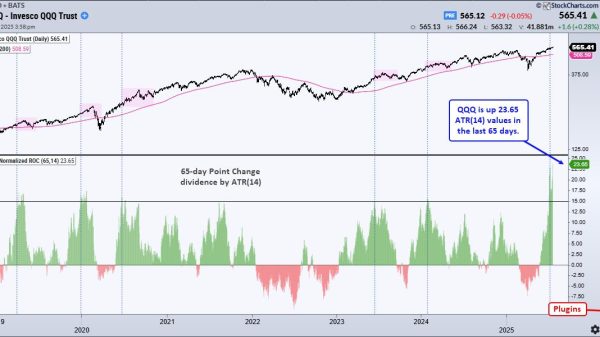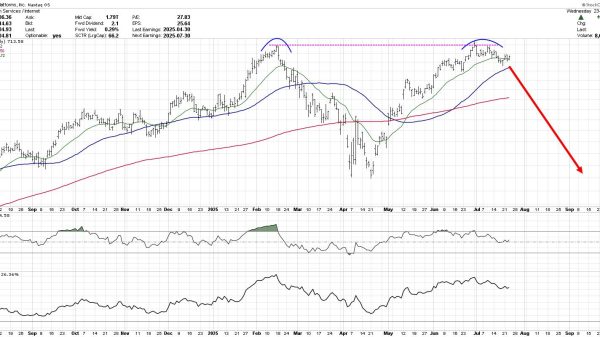
Economic Fallout: Israel Grapples with Ban on Palestinian Workers
In the aftermath of the October 7th Hamas-led terror attack, Israel is facing severe economic repercussions. That’s mainly due to the immediate ban on nearly all Palestinian workers entering the country. The central bank governor, Amir Yaron, delivered this concerning news at the World Economic Forum in Davos. He shed light on the dual shocks—supply and demand—that are impacting the nation’s economy.
Supply Shock Hits Construction and Agriculture
Governor Yaron outlined the supply shock hitting Israel’s economy, particularly in the construction and agriculture sectors. With a third of the construction workforce comprising Palestinians from the West Bank, the sudden absence of these workers is causing a negative supply shock. This trend is mirrored in the agricultural sector, where foreign workers are vital contributors. Yaron warned that this supply shock could lead to a rise in prices in the latter half of the year.
Moreover, Governor Yaron emphasized the complexity of the economic challenges, pointing out the simultaneous negative demand shock resulting from the ongoing conflict. The dominance of this demand shock, linked to the recent war events, requires vigilant monitoring as the country navigates its monetary policy in the coming months.
Impact on Palestinian Workers and Economy
Before the ban, over 150,000 Palestinian workers daily entered Israel from the occupied West Bank, contributing significantly to various sectors, including construction and agriculture. The abrupt prohibition has not only dealt a blow to the Israeli economy but has also caused substantial economic hardship in the West Bank. The ban has intensified resentment over Israel’s prolonged occupation and its actions in the Gaza Strip.
Economic Toll and Call for Action
In late December, Israel’s finance ministry cautioned that the ban on Palestinian workers could cost the country billions of shekels per month. Business and factory owners urged lawmakers to reconsider, stressing the dire consequences for industries like construction. Raul Sargo, president of the Israel Builders Association, highlighted the industry’s plight, with closures and reduced productivity.
Foreign Labor Exodus from Agriculture
Israel’s agriculture sector, heavily reliant on foreign labor, has also suffered. Following the October attack, at least 10,000 workers from Thailand left the country. The impact on agriculture, coupled with the broader ban on Palestinian workers, has created a challenging scenario for Israel’s economy.
Optimism Amidst Challenges
Despite the formidable challenges, Governor Yaron expressed optimism about Israel’s ability to weather economic shocks. He underscored the nation’s dynamic and resilient nature, citing past instances where the economy bounced back after military events. While acknowledging the difficulties, Yaron also expressed hope for new opportunities in a more stable environment.
Still, Israel finds itself at an economic crossroads, grappling with the aftermath of the ban on Palestinian workers. The dual shocks and ongoing conflict pose significant challenges, but the nation remains hopeful about its ability to overcome and rebuild.
The post Israel Grapples with Ban on Palestinian Workers appeared first on FinanceBrokerage.




























